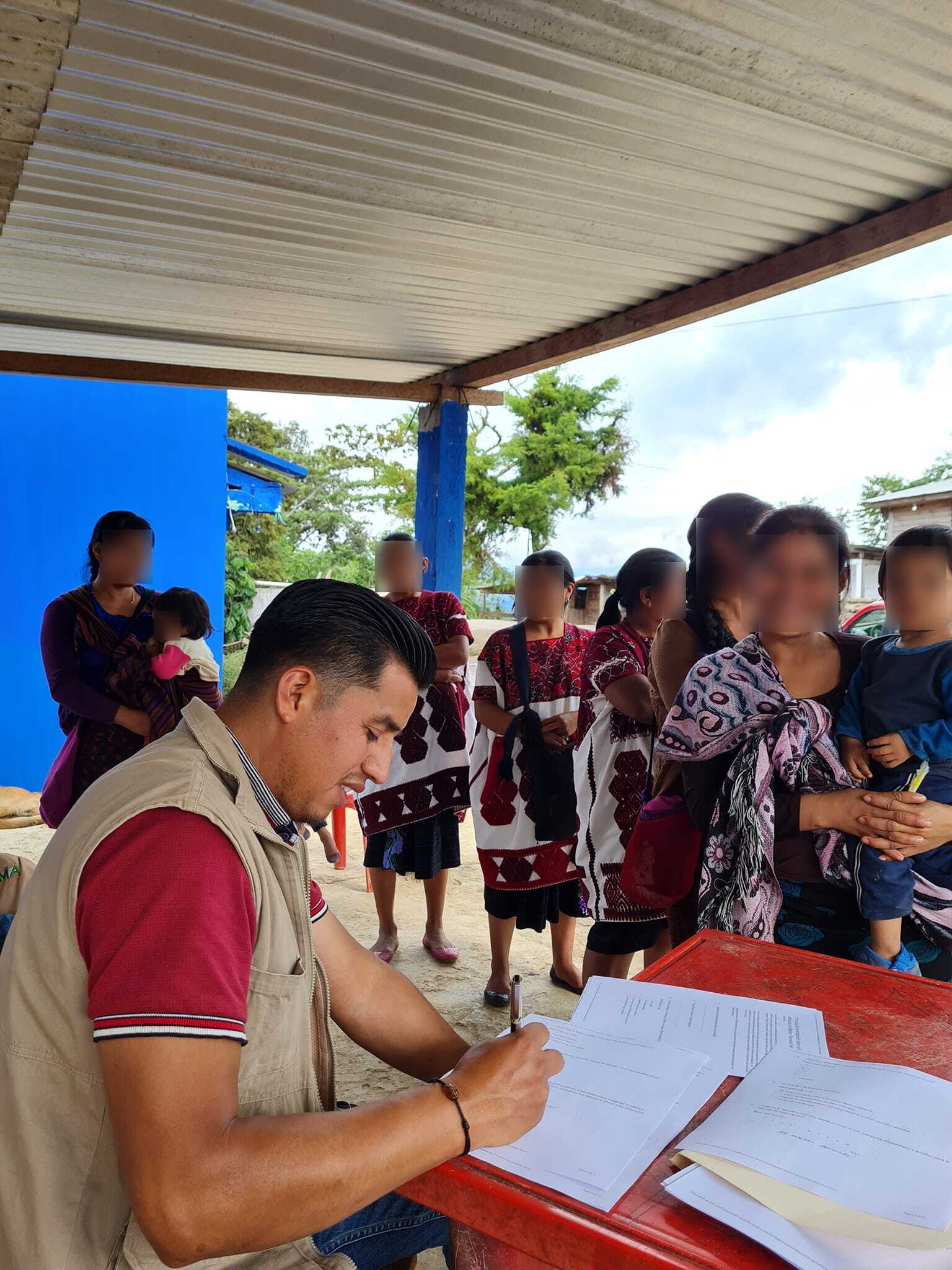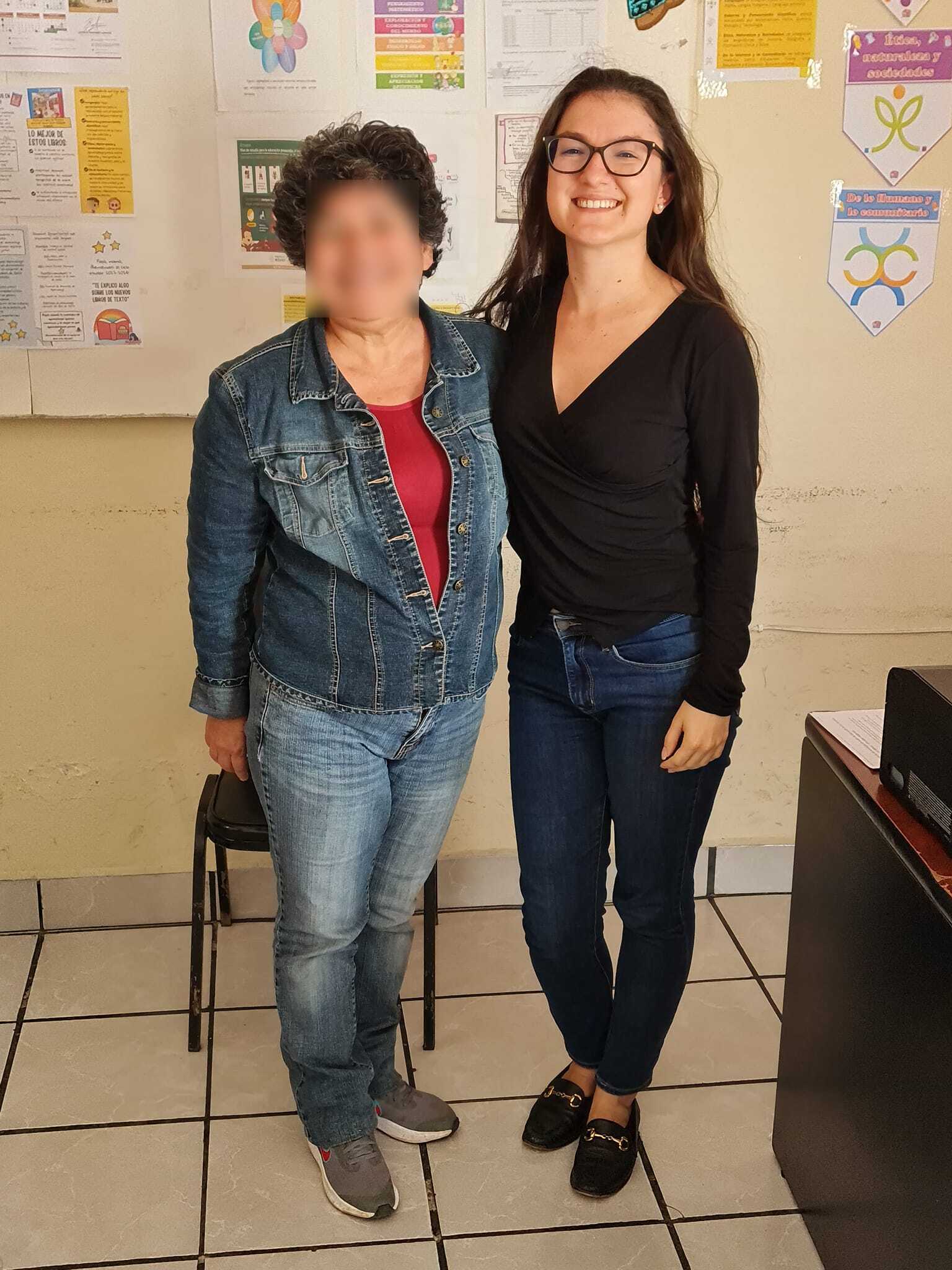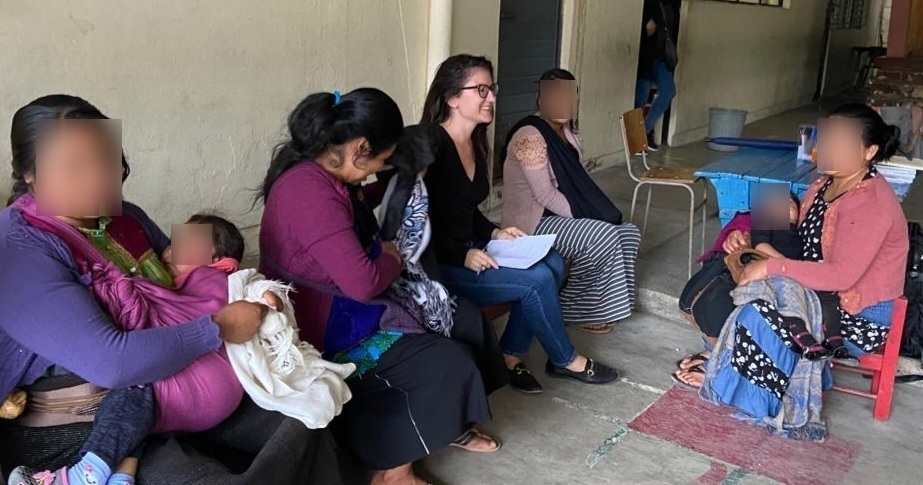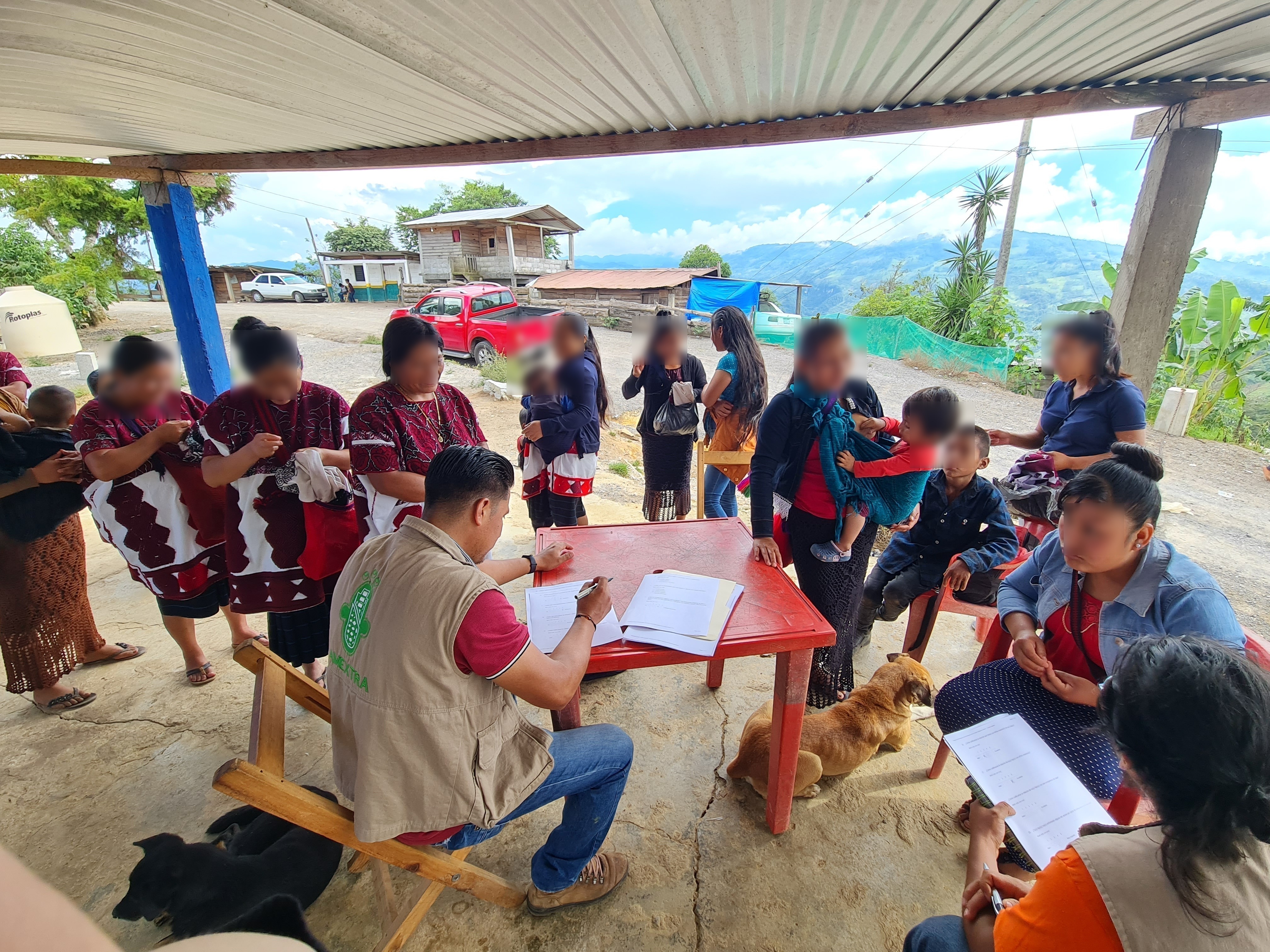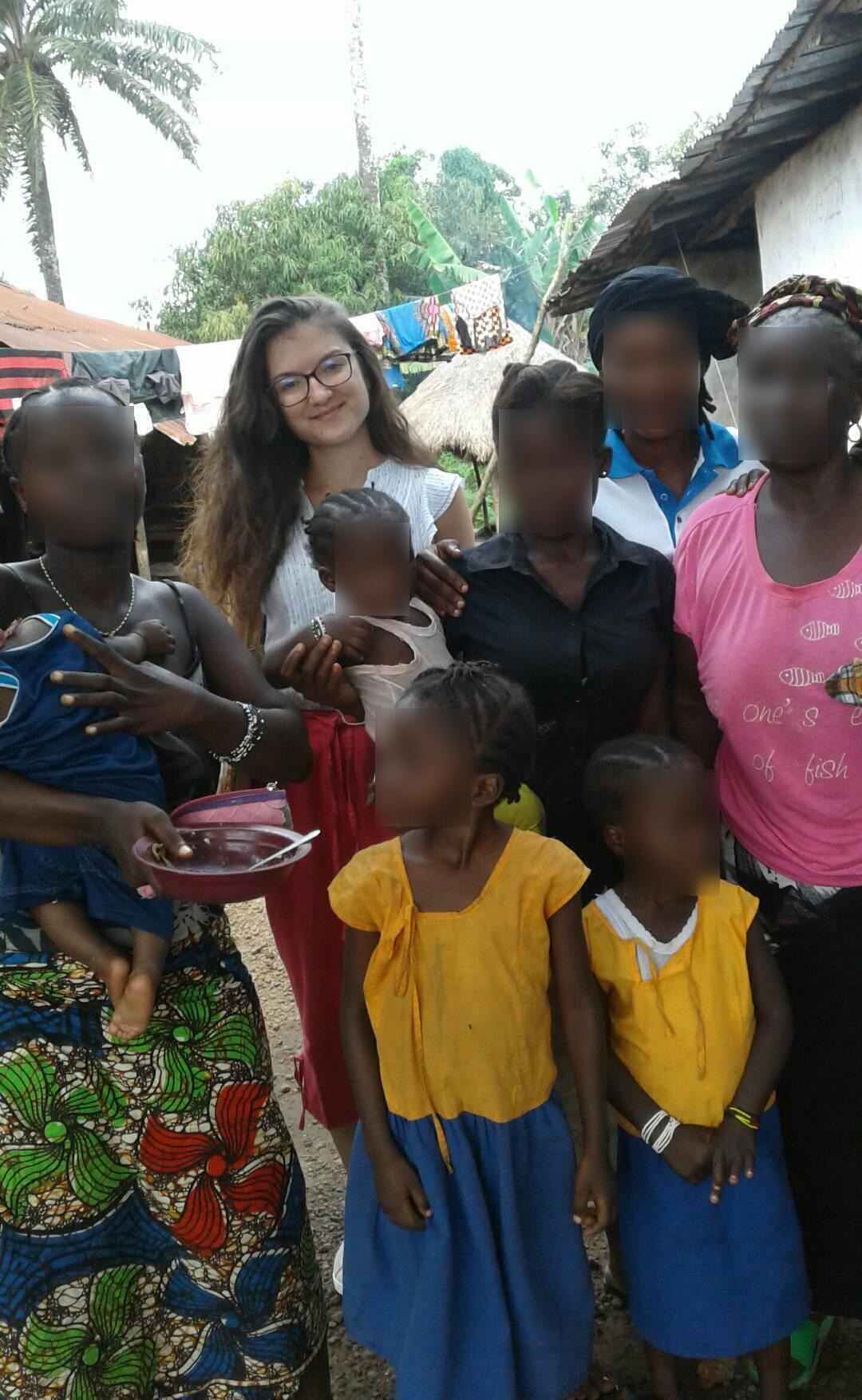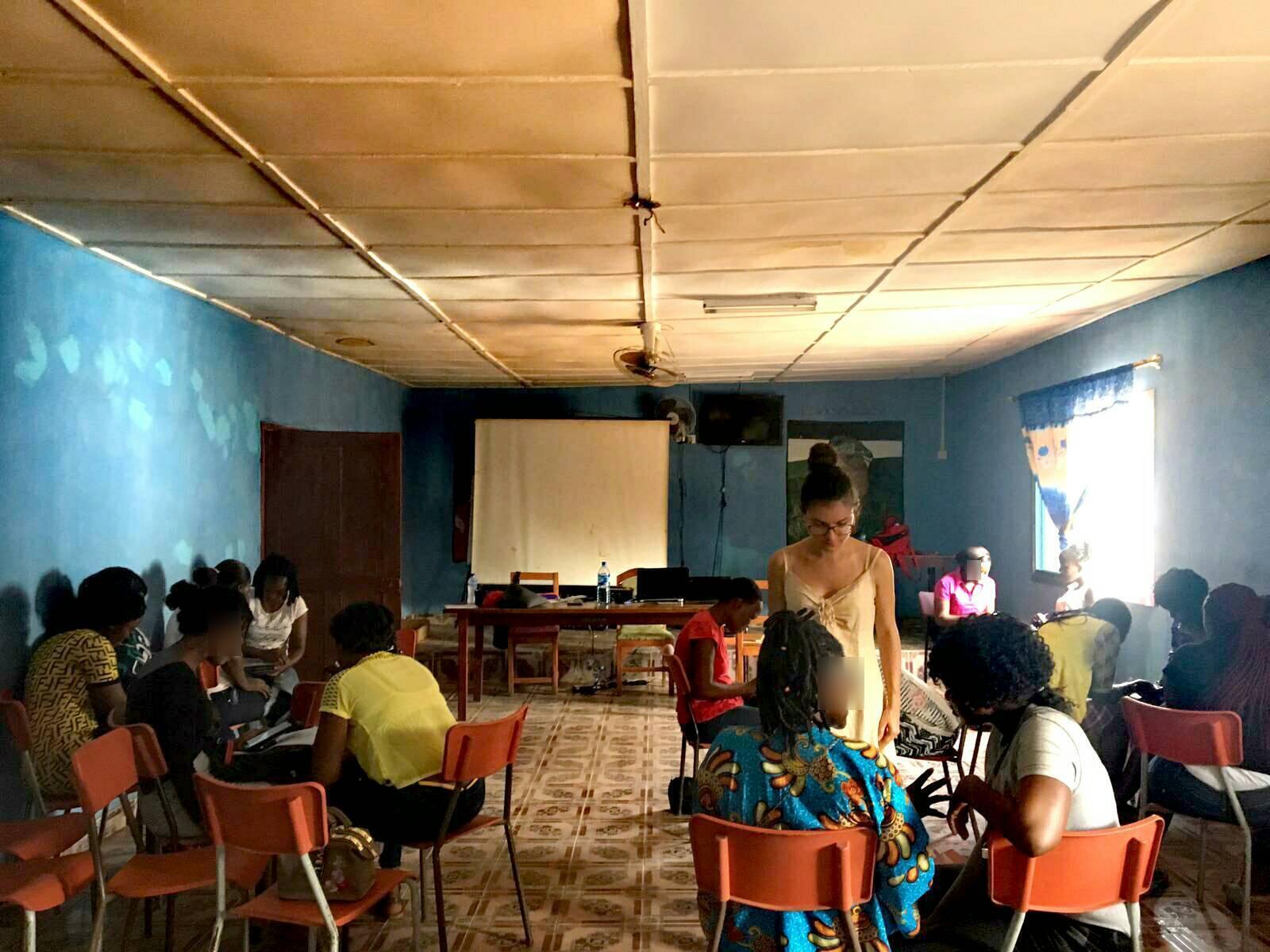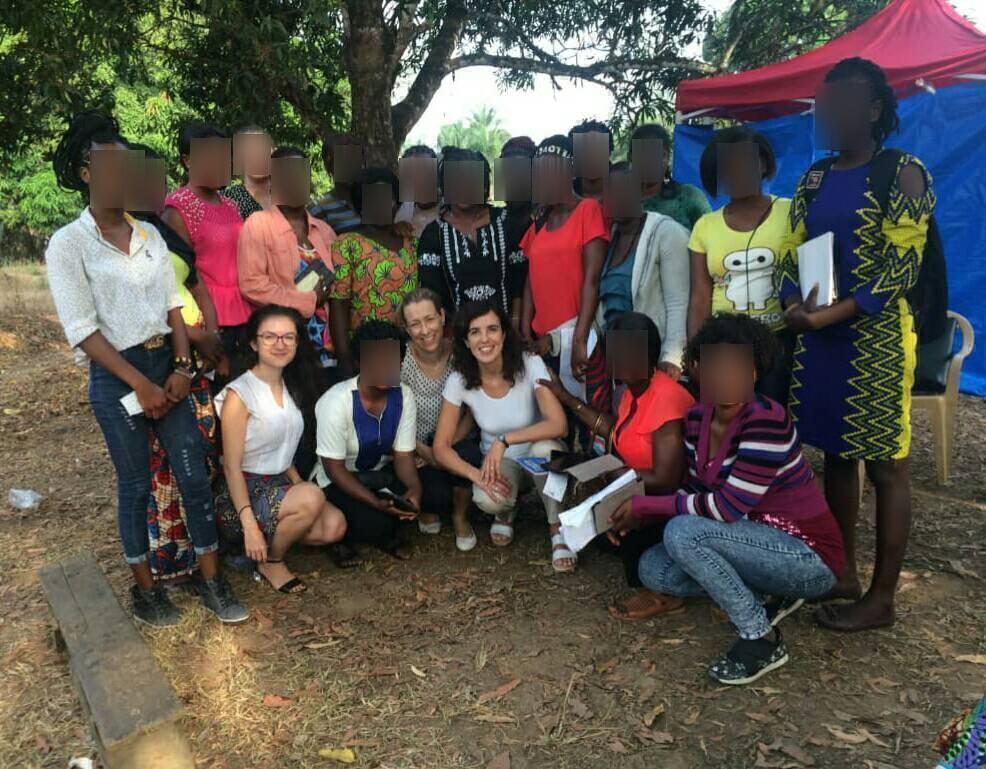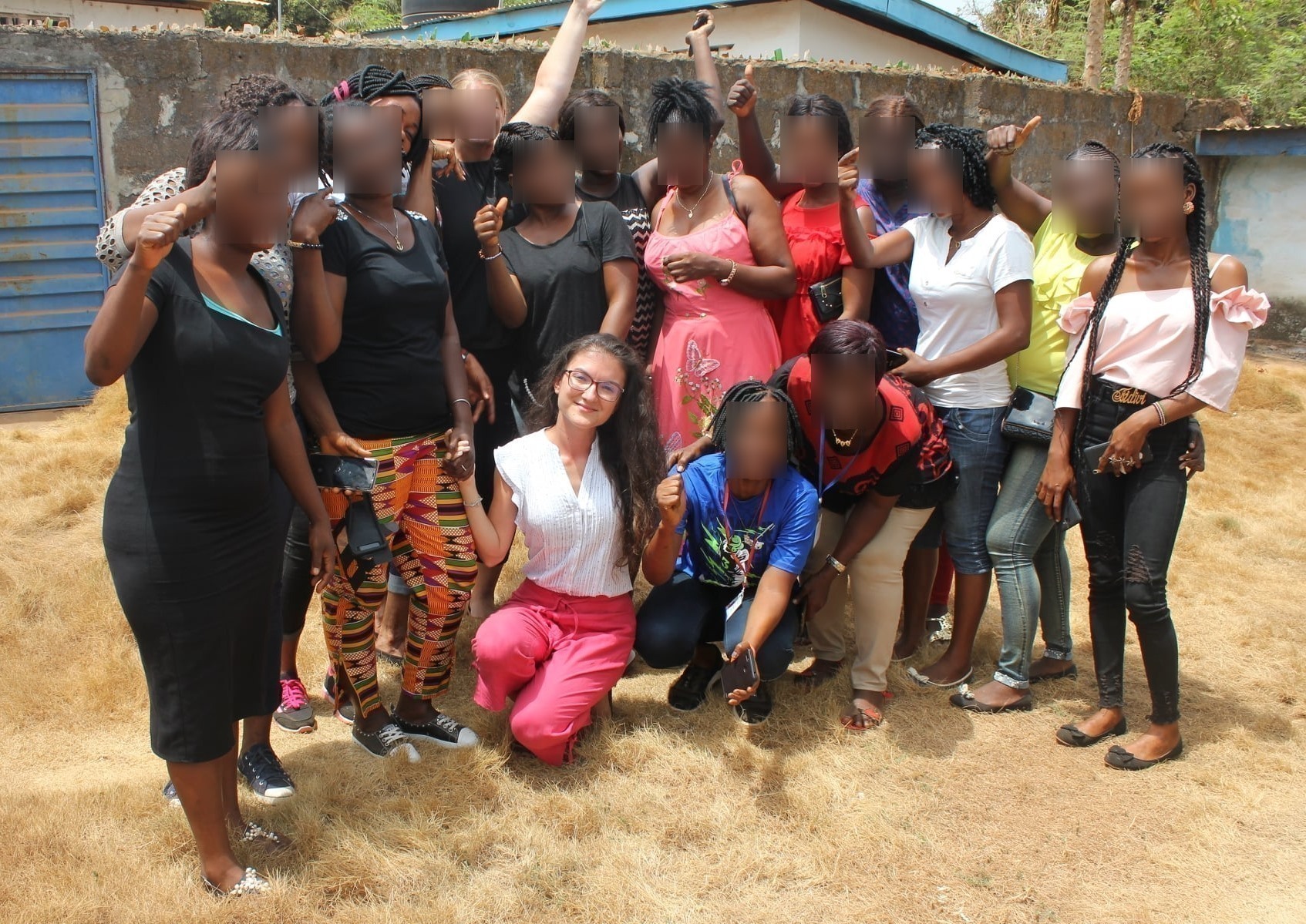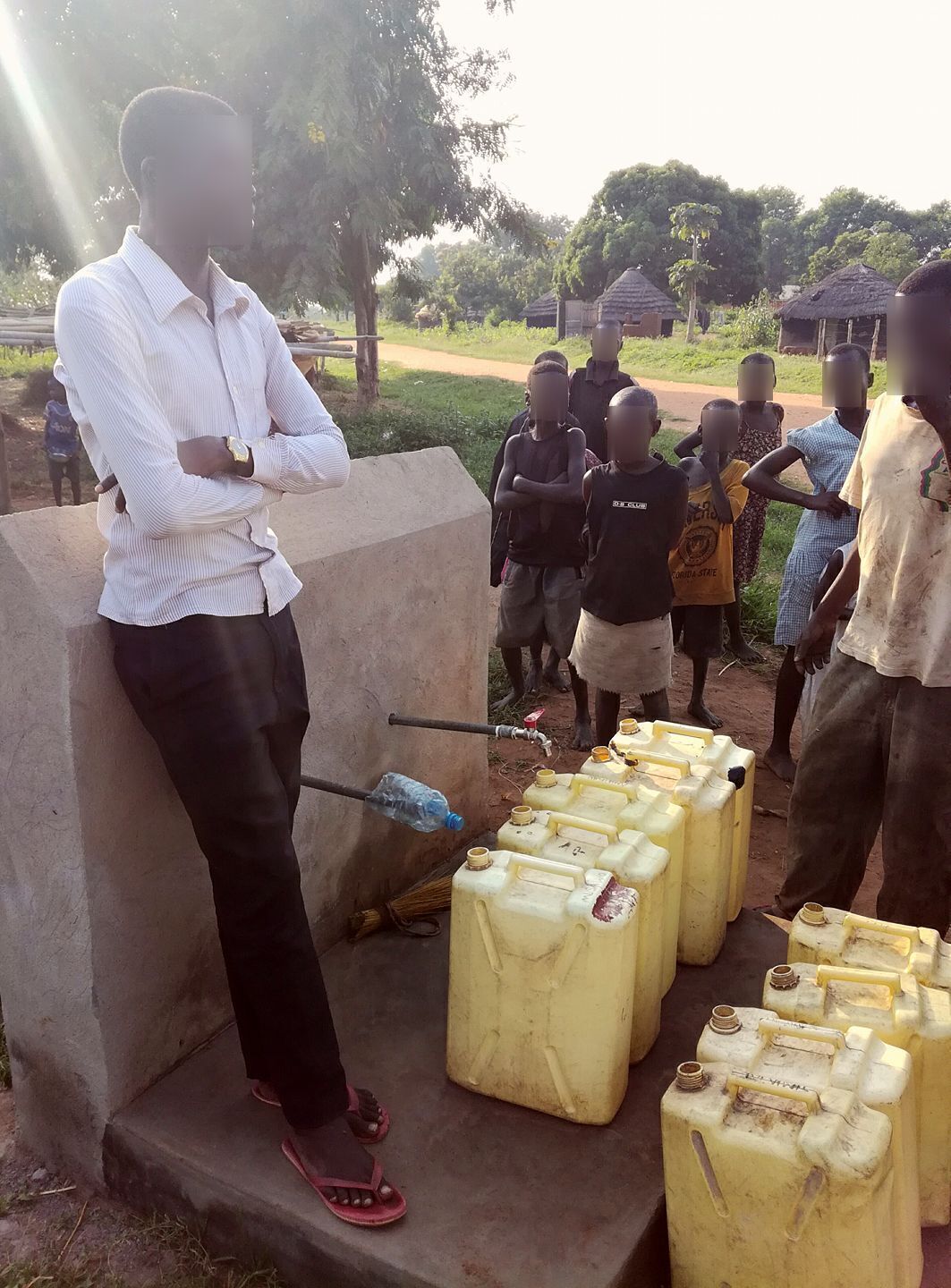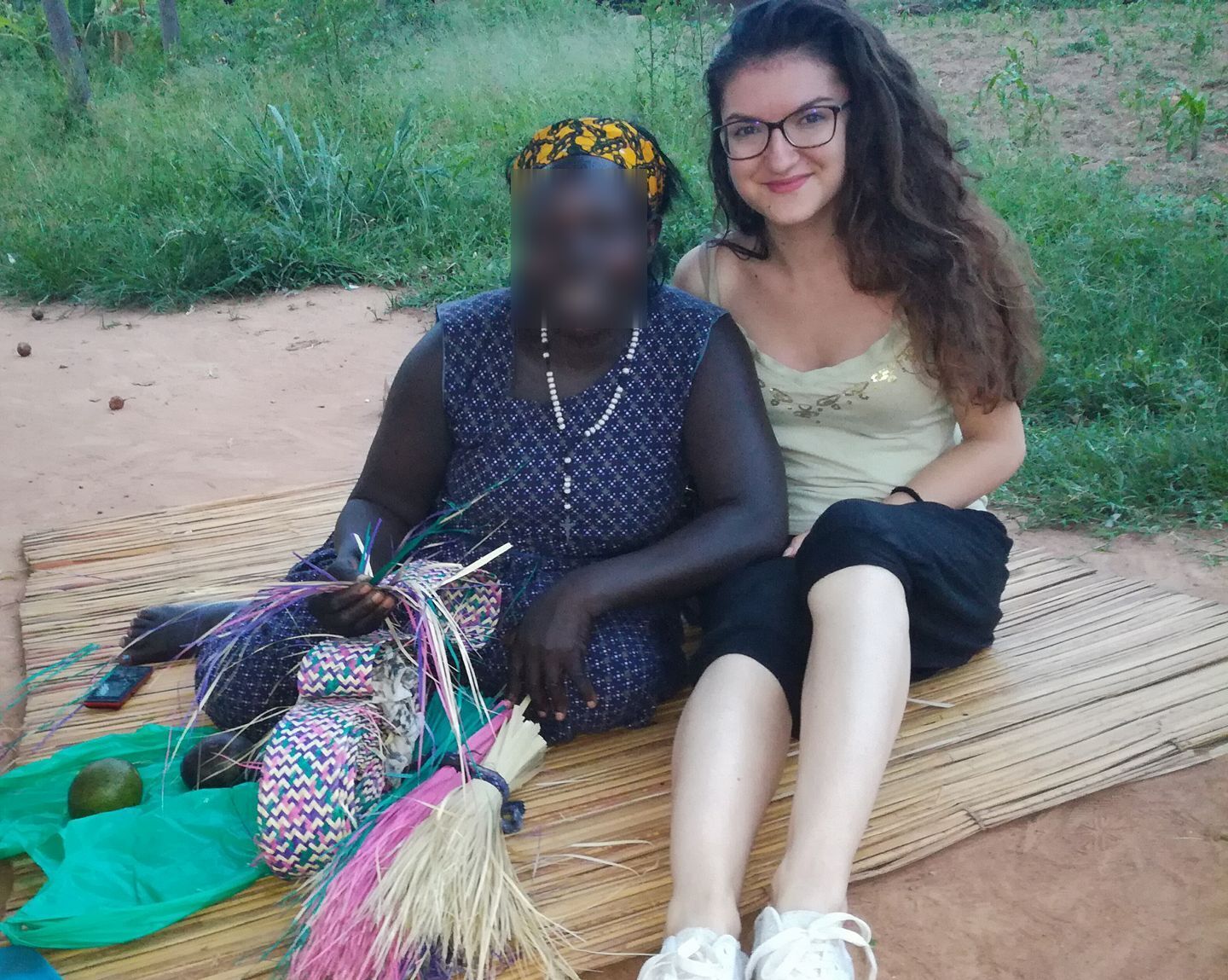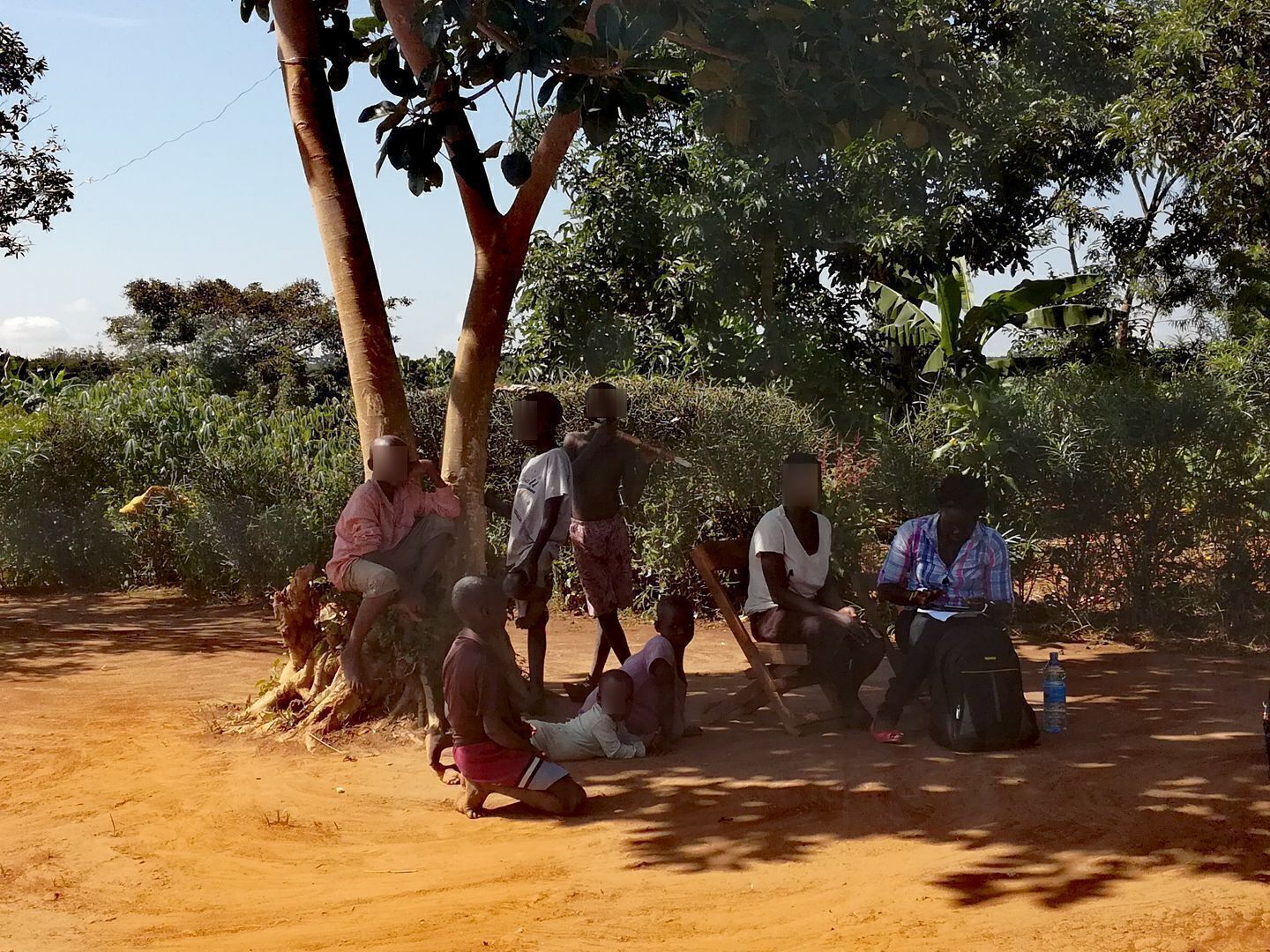Mexico
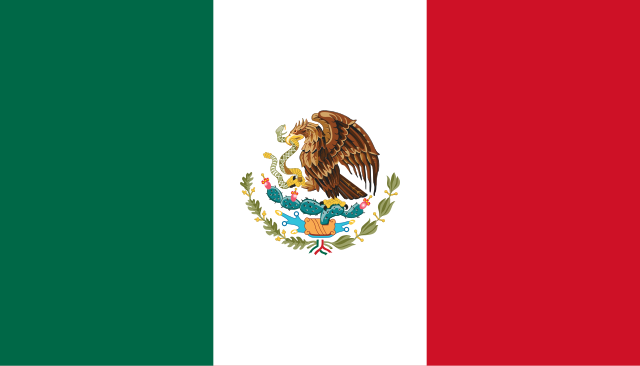
Qualitative fieldwork with indigenous parents, teachers and principals on Indigenous Bilingual Education in Mexico. This preparatory research informed the development of my Job Market Paper. I organized the trip and engaged an NGO, Amextra, to assist with translation from Spanish to local indigenous languages. I visited several schools in Chiapas, one of the states with the highest proportion of indigenous households, in both urban and rural settings.
Albania
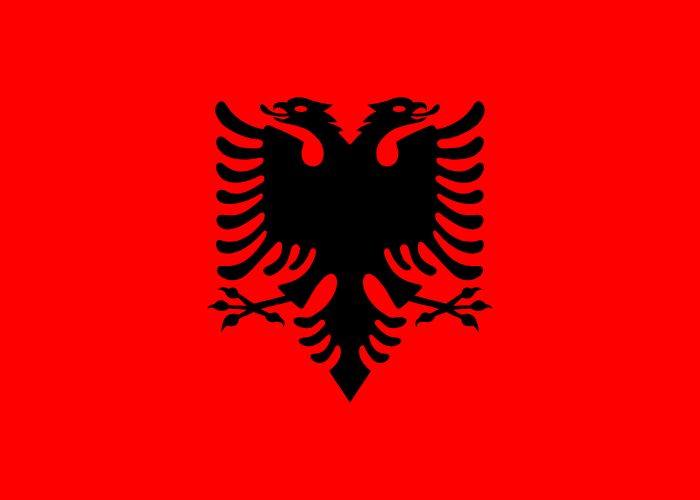
As a World Bank consultant, I worked on a project with David McKenzie, Ana Paula Cusolito, and Ernest Dautovic, focusing on multiple Western Balkan countries while based in Tirana, Albania. I contributed to the data analysis for a first paper on an investment readiness program for regional entrepreneurs. Following this, I conducted interviews with entrepreneurs to uncover the critical gaps in their business knowledge and skills. This insight allowed us to design a targeted capacity-building program, leveraging business consultants and experienced local entrepreneurs to address these specific needs. Additionally, I researched existing resources in the Western Balkans for educating and supporting entrepreneurs, particularly startups. This work laid the foundation for the paper I co-authored with David and Ana. Given my Albanian heritage and fluency in the language, this was a particularly exciting experience.
Sierra Leone
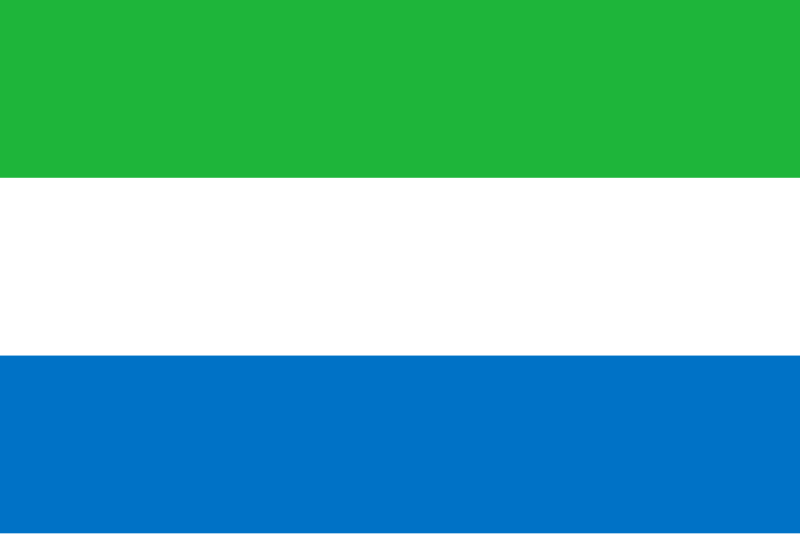
This was my most extensive and significant fieldwork experience. As the fieldwork coordinator for a randomized controlled trial in Sierra Leone—led by Eliana La Ferrara and Lucia Corno—I oversaw a project involving three treatment arms across 150 village clusters. Initially, I conducted in-depth interviews with local NGOs and activists to understand efforts addressing health concerns related to female genital cutting, a highly sensitive issue in the country. I secured ethical approval from relevant ministries and authorities for an informational intervention and obtained census data from the national statistics office to support our research.
Using census data, I conducted preliminary research and identified villages for randomization. I worked closely with our implementing partner, helping formulate our partnership agreement. I contributed to designing the baseline survey and programmed it on SurveyCTO. Personally training over 25 enumerators, I developed a culturally sensitive approach to engage them on this delicate topic in a context where the practice is nearly universal. With the help of enumerators, I ensured correct and uniform translation of the survey in local languages.
I participated in logistics planning for data collection. After conducting a pilot, I reviewed the survey, retrained the enumerators, and executed the baseline data collection. Throughout this process, I performed daily data quality checks, coordinated all enumerators, and maintained the overall integrity of our data collection efforts.
Uganda
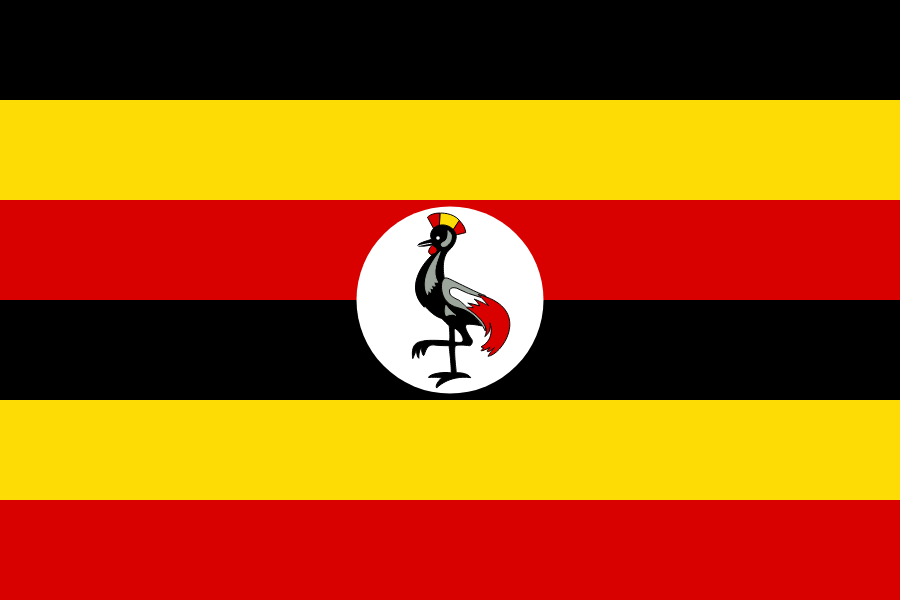
My first fieldwork experience was as a research assistant on a project led by Konrad B. Burchardi, Jonathan de Quidt, Selim Gulesci, Benedetta Lerva, and Stefano Tripodi in Uganda regarding willingness to pay elicitation mechanisms. This project taught me how to manage large-scale field operations, honing my skills in survey programming and enumerator training. I was deeply involved in various stages of data collection, even personally coordinating one round. My responsibilities also included data cleaning and performing daily quality checks—crucial tasks that ensured the integrity of our research. Furthermore, I took care of spatial analysis tasks in QGIS and conducted research on market prices.
